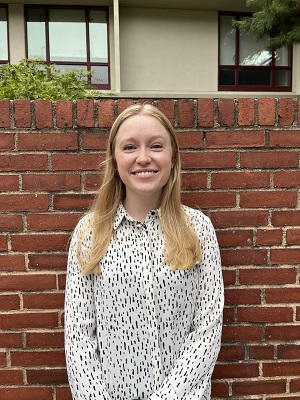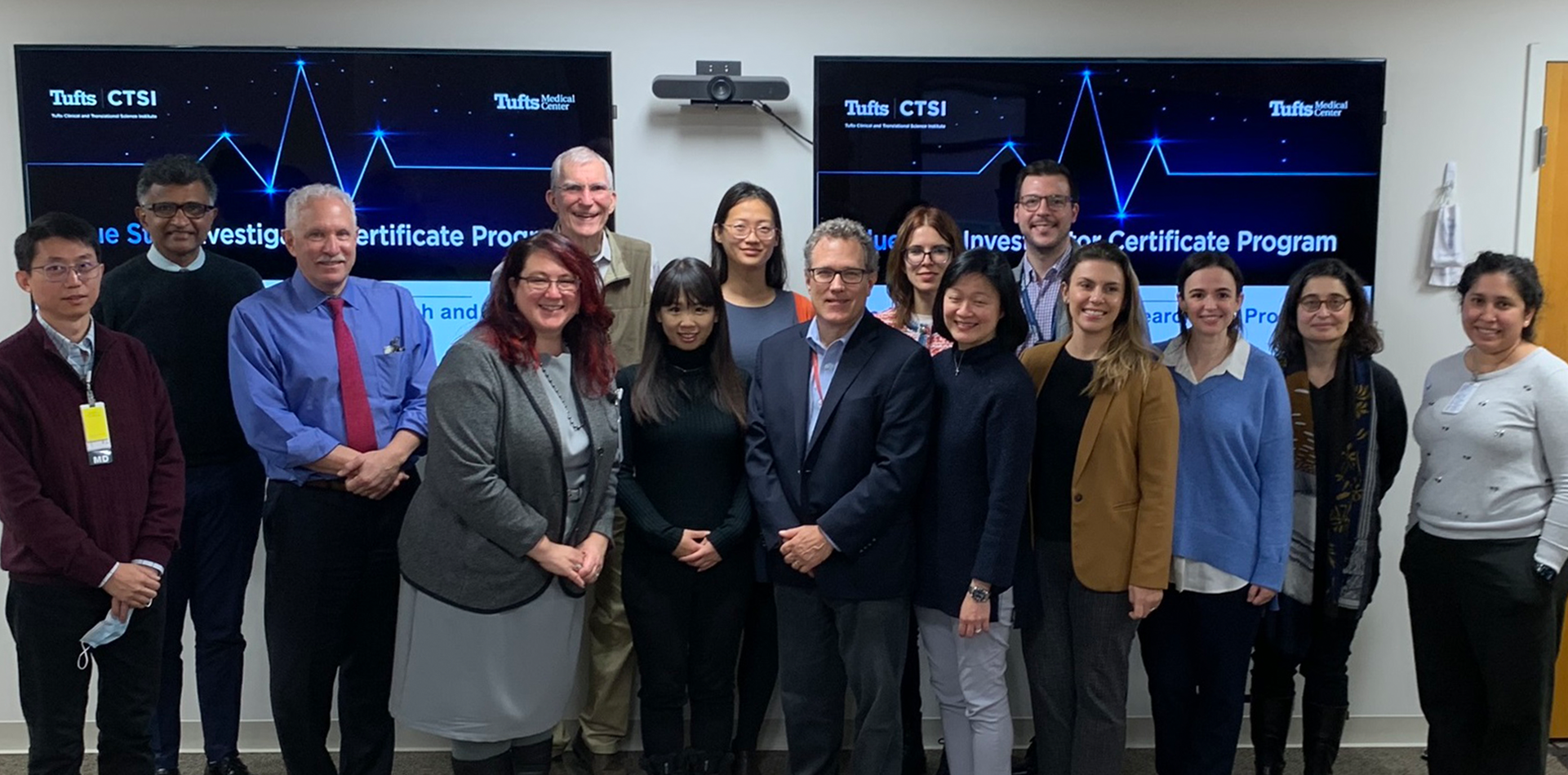When should you use sample enrichment, sequencing format, and library preparation approaches?
RNA-Seq is a powerful technology that can be used to study transcription profile in sample of interest. Yet, the choice of sample enrichment, sequencing format, and library preparation approach all have profound impact on the usability of sequencing data for downstream intended (and intended) analysis. Thus, the parameters are important consideration when designing your own experiment, as well as utilizing data that is available in the public domain. This session aims to provide some guidance on these topics.
This course is part of a series of trainings in biomedical data science offered by the Center for Quantitative Methods and Data Science, Tufts CTSI, and Tufts University Data Intensive Studies Center. For the full list of trainings in this series, please visit the Center for Quantitative Methods and Data Science webpage.
Faculty
This workshop will be taught by Eric Reed, PhD and Albert Tai, PhD.
Eric Reed is a Data Scientist at Tufts University. He earned an MS in Biostatistics from the University of Massachusetts Amherst in 2015 and a PhD in Bioinformatics from Boston University in 2020. Eric’s research is focused on working with biomedical researchers to implement cutting-edge high-throughput profiling techniques and develop analytical approaches to better interrogate the biological questions at hand. His dissertation work encompassed advancement of large-scale transcriptomic profiling for toxicogenomic screening. This included the benchmarking scalable library preparation techniques and development of machine learning methods and software. Through numerous collaborative projects, Eric’s work has led to contributions to various biomedical fields including environmental health, metabolic diseases, oral cancer, breast cancer, Huntington’s disease, and addiction.
Albert Tai is a Research Assistant Professor of Immunology at Tufts University. His research work focuses on providing current research technology to basic research community within and outside of the University, including next generation sequencing (NGS), high throughout screen (HTS), high content screen (HGS), robotics automation and flow cytometry. These technologies, especially NGS and HCS, generates significant amount of data and require specialized analytical approaches. A part of his research centers on creating or optimizing these analytical approaches, via utilizing existing software/pipeline and/or developing new ones. Furthermore, research projects that utilize multiple technologies, or multi-omics, are becoming more popular, a mean to allow association and visualization of multi-omics data is also of interest.
Who should attend
Basic statistical knowledge is required. Computational experience will be helpful, but is not required.
Details
Wednesday, June 30
2:00-3:30PM
Online (a link will be sent to those who register).
Registration
To attend, please register here.
You may also register for the other trainings in this series:
- June 23: Study Design for Biomedical Data Science
- July 14: Bioinformatics Analysis of Bulk RNA Sequencing Data
- July 21: Bioinformatics Analysis of Single-Cell RNA Sequencing Data
- July 28: Functional and Enrichment Analysis Methods for RNAseq Data



